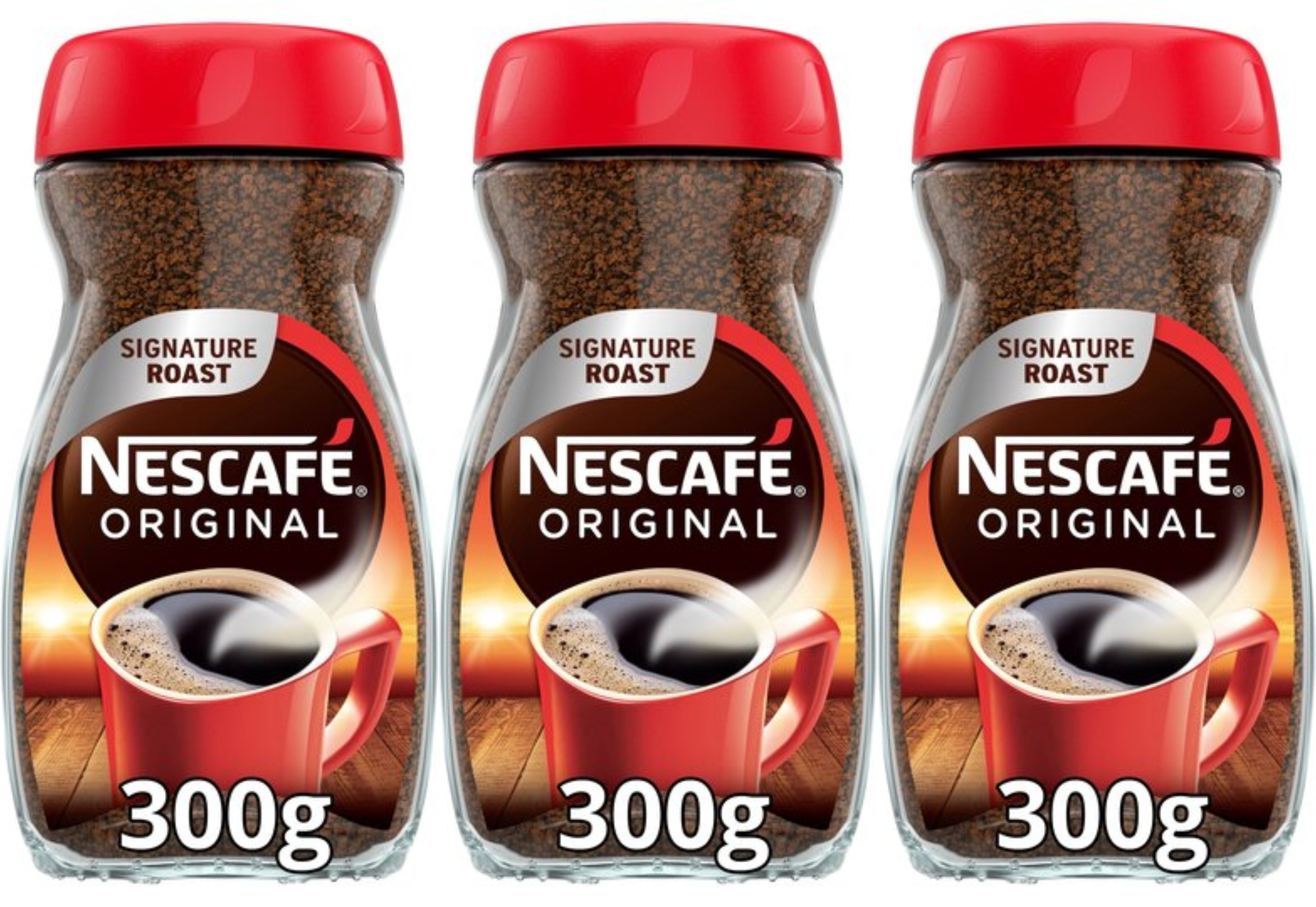Nescafé Original instant coffee soars to almost £9 in some supermarkets
The jar sold for an average of £4 in January
Your support helps us to tell the story
From reproductive rights to climate change to Big Tech, The Independent is on the ground when the story is developing. Whether it's investigating the financials of Elon Musk's pro-Trump PAC or producing our latest documentary, 'The A Word', which shines a light on the American women fighting for reproductive rights, we know how important it is to parse out the facts from the messaging.
At such a critical moment in US history, we need reporters on the ground. Your donation allows us to keep sending journalists to speak to both sides of the story.
The Independent is trusted by Americans across the entire political spectrum. And unlike many other quality news outlets, we choose not to lock Americans out of our reporting and analysis with paywalls. We believe quality journalism should be available to everyone, paid for by those who can afford it.
Your support makes all the difference.Nescafé instant coffee is the latest product to be affected by the cost-of-living crisis as some supermarkets sell jars of the ground coffee beans for almost £9.
According to Trolley.co.uk, a comparison website that tracks the prices of popular grocery items across supermarkets, a 300g jar is being sold by Co-op Food for £8.75.
The same jar is selling for £6 in Tesco and £5.50 in Iceland. Sainsbury’s was selling the same product for £7 but has cut the price to £5 under a promotion.
The cheapest price can be found at Asda, where the product is £5.
On average, the same jar sold for £4 in January, according to Trolley.co.uk.

The Independent has contacted Nescafé’s parent company, Nestlé, and Co-op Food for comment.
The news comes shortly after shoppers were left shocked and angry following a price hike of Lurpak butter.
Social media posts showed people had spotted the popular butter on sale for as much as £7.25 per tub in Sainsbury’s.
At the time, a spokesperson from Arla Foods, which owns Lurpak, told The Independent: “We understand that recent inflation in food price is hitting many households really hard right now.
“Unfortunately, our farmers are facing a similar situation with prices for the feed, fertiliser and fuel they need to produce milk, all rising significantly in recent months.
“While we don’t set the prices on the shelves, we do work closely with the retailers to ensure our farmers receive a fair price for the milk they produce. Prices on the shelves have had to rise in recent months to ensure our farmers can continue supplying the products that we all enjoy.”
Food prices have continued to rocket in recent months due to soaring inflation, Brexit, and Russia’s war on Ukraine.
New figures from the Office for National Statistics, published this week, showed that inflation accelerated to 9.4 per cent in June – a new 40-year-high for the UK.
The new figure is the highest since 1982, when inflation peaked at 11 per cent.
The Institute of Grocery Distribution (IGD) has predicted that food prices will rise by 15 per cent in the coming months, with products that rely on wheat – such as bread and poultry – seeing the most rapid increase.
Offering a warning that some people may be forced to skip meals, the IGFD estimated that monthly grocery bills for a family of four could read £439 by January 2023, up from £396 this January.





Join our commenting forum
Join thought-provoking conversations, follow other Independent readers and see their replies
Comments